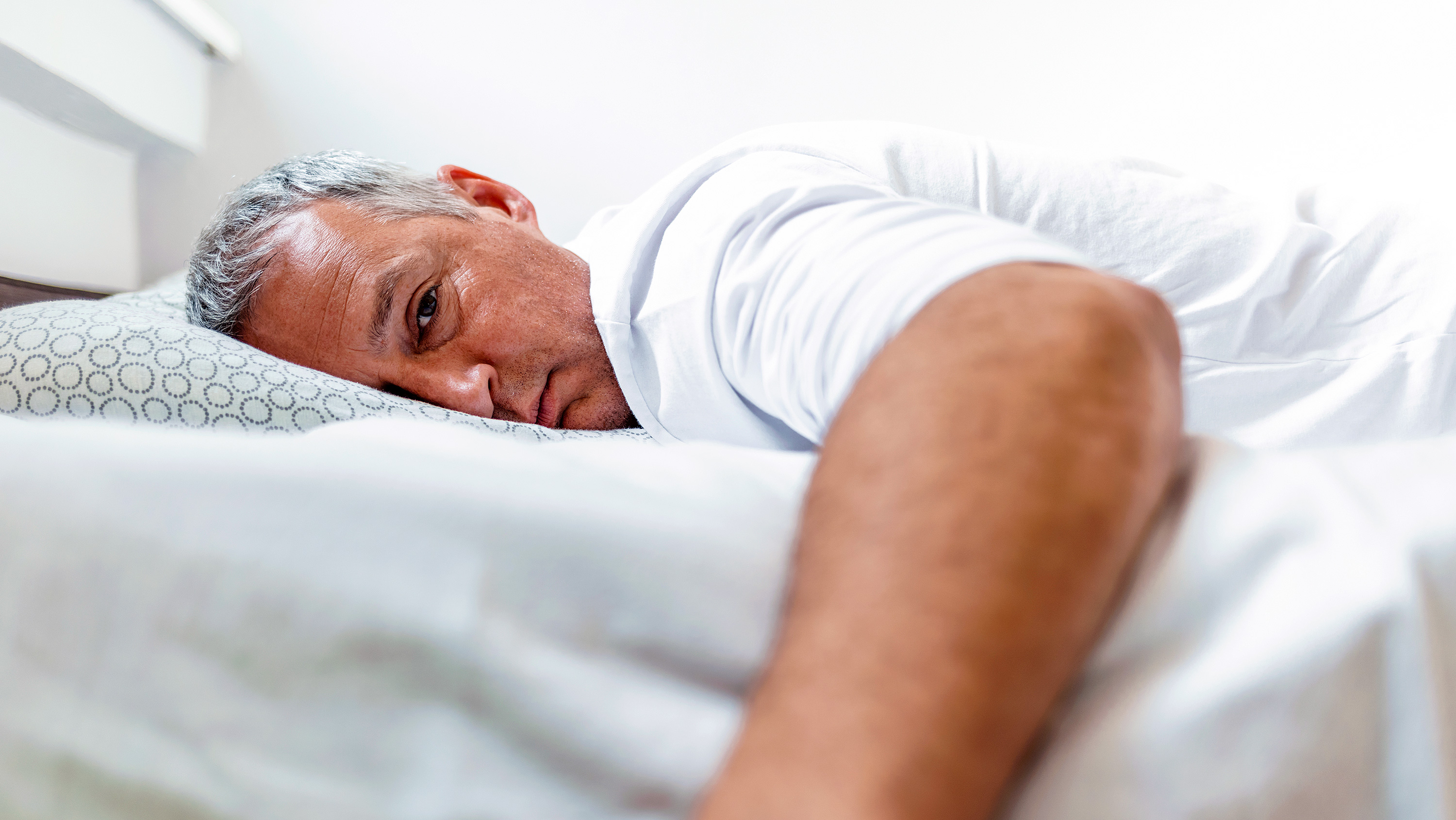Is Malopause Male Menopause?
"And my answer [to the question of whether male menopause is real] is a definite 'yes'.""As a guy, testosterone makes you what you are. Yes, you can reduce or mitigate its loss by eating well, training hard,lmaking sure you don't have other risk factors in life [smoking, excessive alcohol intake].""But if you understand how the male process works then you also see how it matches with the female process.""In just the same way that a lack of estrogen affects women, when you take testosterone out of guys' bodies, they feel dreadful.""Most doctors don't consider testosterone deficiency in their differential diagnosis for men with low energy."Dr. Jeff Foster, men's health specialist, co-founder H3Health"They [testosterone levels] vary substantially over the course of a day.""And a big meal suppresses testosterone levels by 20 to 30 percent."Dr. Richard Quinton, consultant endocrinologist

As males get on in their life cycle the years take their toll with mood swings and irritability, loss of muscle mass and a reduced drive and capacity to exercise. Some might argue that testosterone makes the man. And as men age and they pass their peak testosterone levels by age 30, the hormone gradually falls off. The result of which is as above, including fat redistribution, enthusiasm on the wane along with energy, experiencing sleeping difficulty, an increased sense of being tired, poor concentration and short-term memory failings. And how about this?: occasional night sweats.
So, all those symptoms don't really belong exclusively to the female aging process and transition to menopause. "Men", "man" as the suffix to the condition, male and female appear to share it; a function of age, a tiring body and mind through the stages of life. Not all men suffer all those symptoms, though some do. Millions are affected to some extent. And by proxy the women they live with will undergo not only their own menopausal afflictions, but those of their cohabiting males as well. Only neither men nor women may recognize that happening.
The condition in men can be the cause of hypogonadism as the gonads produce few and fewer sex hormones in the male "change of life". Other accompanying issues are erectile dysfunction (where age and heart problems introduce another aspect of the approach to that nasty occurrence). Then there is gynaecomastia, an embarrassing condition where men begin to 'grow' breasts on their manly chests. None of this is pleasant, the diminished sexual potency, hot flashes, libido drop and reduced levels of energy.
Male menopause is a gradual, variable process slowly occurring at different life stages where testosterone gradually decreases by one or two percent every year from its height achieved around age 30. The very hormone central to a man's functioning begins abandoning him. According to Dr. Foster, testosterone deficiency mimics "very closely" menopause in women, a condition in men rarely identified by family physicians.
His medical team recently had a patient in his late 60s diagnosed with early-onset dementia. "When the testosterone was replaced, his brain fog lifted and the patient's memory went back to normal", explained Dr. Foster. Well then, could a therapy including testosterone replacement work? Evidently life is more complicated than that; testosterone levels tend to naturally fluctuate over short periods of time, varying quite notably even over the course of a single day. Early morning, waking from sleep is when the level is highest; lower in the afternoon and early evening.
All manner of chronic health conditions are associated with low testosterone, from diabetes to dementia. And frustratingly, as yet it is not known whether it is cause or symptom.
 |
| Late-onset hypogonadism, sometimes referred to as male menopause, can cause sleep problems, fatigue and other symptoms that often go undiagnosed. (Photo: Getty Images) |
Labels: Males, Manopause, Testosterone

0 Comments:
Post a Comment
<< Home